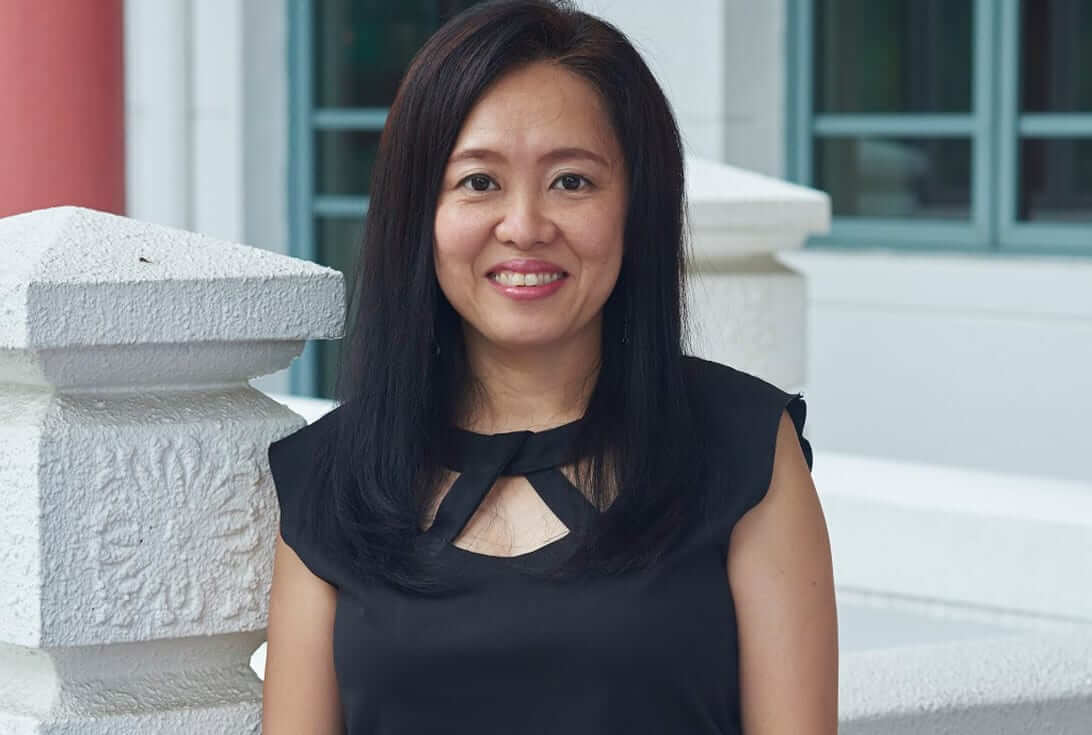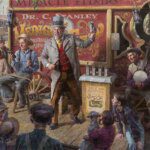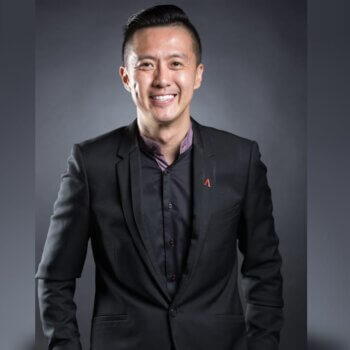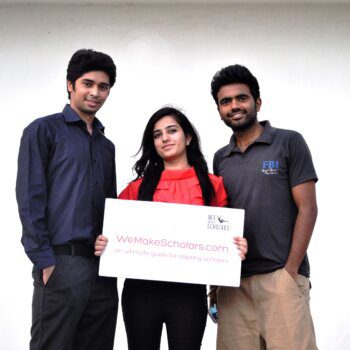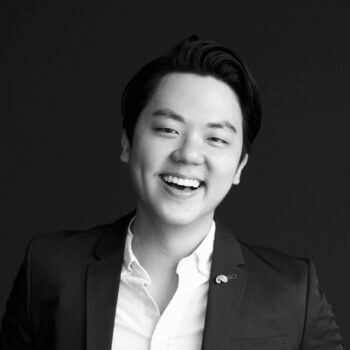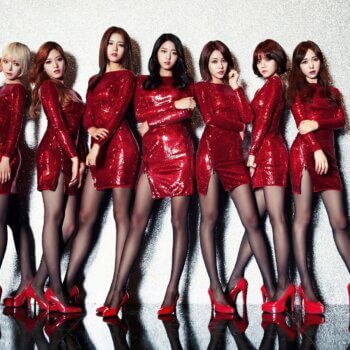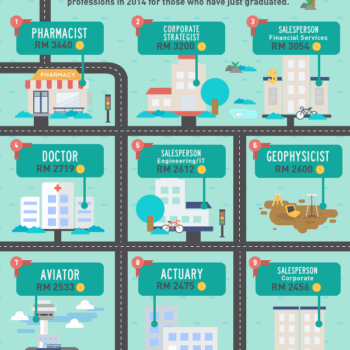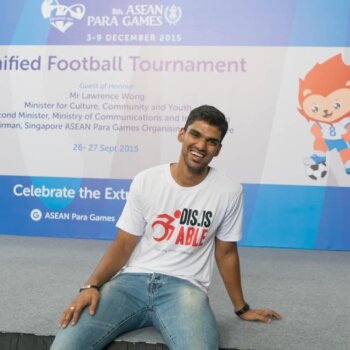In 2006, Lily decided to leave the corporate world to join the social services sector to help build better communities.
What’s your story?
Started work at 19, as my family did not support my decision to go to a polytechnic instead of university. Found a job as a secretary in a small firm, where I learned everything that was thrown my way. A few years later, I felt that growth was restricted due to the lack of qualifications, so I took a part-time diploma and degree course. The degree journey was challenging. I was married by then and pregnant with my first child, but I was glad that I persevered through.
Reflection: Remembering the ‘why’ makes the ‘what’ and the ‘how’ worthwhile. It is not your starting point that defines you, it is your desire to grow, and how much efforts you put in to pursue what you want.
What excites you most about your industry?
It is an industry where people empower people, to build a better community. On one side you are surrounded with people who have so much passion and empathy, on the other you are faced with the brutality of life, from daily sustenance to family violence, broken families, and heartbreak.
It is in connecting the dots, linking the two sides with an aim of rebuilding families, reigniting the hope and empowering them to be able to go on to build a life they want, that excites me and my colleagues in this sector. The joy in seeing people and families estranged break away from their dire situation and have breakthroughs. This was the motivation to leave the attractive corporate sector to join the social service sector in 2006.
What’s your connection to Asia?
I was born in Singapore to a traditional Teochew family that runs a small religious business – Yew Fa Religious Materials. I attended a local catholic school for ten good years. Though I never had a chance to travel out of Singapore except to visit my maternal relatives in Malaysia, I had a colourful childhood, due to the environment that I grew up in.
I started travelling within the region for work in my earlier career in the corporate sector, which took me to Thailand, Taiwan, Hong Kong and others. Every year my family will try to make short trips to get away from the busyness, and to spend time bonding and creating new memories.
Favourite city in Asia for business and why?
Thailand & Hong Kong, both of which I’ve fond memories of friendships I treasure.
What’s the best piece of advice you ever received?
In my life, I’ve encountered awesome people who helped me along the way and gave me lots of good advice. One piece of advice from a friend many years back was– “the importance of building relationships”. Genuine relationships would be everlasting, and we generally find joy in good company.
Who inspires you?
Many people, but I will mention one of them.
The client who is recovering from his mental health conditions, and holding two jobs to raise his daughters. He taught me “to live with your heart and side-step the danger” and “remembering the ‘why’ makes the ‘what’ and the ‘how’ worthwhile”.
What have you just learnt recently that blew you away?
I attended a “Solution Focus Therapy” workshop (SFT) and learned how powerful it can be if we were to reframe our questions and narratives to a solution focus one, and not a problem focus one. It changes the conversation right away and empowers people to focus more on the solutions, instead of the problems.
Why did you fail in your exams? Why are you getting a “C”?
These are problem focus questions which many of us are guilty of asking our children, not knowing that it adds a burden to their emotions. Think how we can reframe the questions to a solution focus one, where it leads the conversation to the doing, rather than the blaming.
If you had your time again, what would you do differently?
Go to university after ‘A’ levels?
Frankly, I don’t know the answer to this. Different choices lead us on different journeys. We will not know until we get there. No matter what choice you make in life, make it the best you can, and if it still didn’t work, change your choice if that is an option. We make bad choices sometimes, but we learn through the experiences and come out stronger, and more mature. Bad choices are part and parcel of life, it does not equate to failure. I believe that life experiences, good or bad ones, all help us grow.
How do you unwind?
I used to go to the beach to unwind, just staring into the sea, listening to the waves. Now the relaxation activity has become – sip coffee/tea/wine and chill out with friends and families.
Favourite Asian destination for relaxation? Why?
Anywhere – as it is the travel companions that matters.
Everyone in business should read this book:
Sun Tzu’s Art of War – The supreme art of war is to subdue the enemy without fighting. Forming an alliance was one of the strategies, which is akin to the modern-day collaborative trends, instead of competing.
Shameless plug for your business:
Emotional resilience and wellness are important in this urbanized environment. As the Executive Director of SAMH, I hope we can bring together interested parties to create a sustainable network to support one another, and in doing so, develop and cultivate genuine friendship and support.
Those who are keen to be part of this, we welcome you. As an active volunteer of the Teochew Poit Ip Huay Guan who is also responsible for membership, I would like to give a shout out to Teochews to reach out to me to join us in finding our roots!
How can people connect with you?
http://linkedin.com/in/lili-tan-489aa753
—
This interview is part of the ‘Callum Connect’ series of more than 500 interviews
Callum Laing is an entrepreneur and investor based in Singapore. He has previously started,
built and sold half a dozen businesses and is now a Partner at Unity-Group Private Equity and Co-Founder of The Marketing Group PLC. He is the author two best selling books ‘Progressive Partnerships’ and ‘Agglomerate’.
Connect with Callum here:
twitter.com/laingcallum
linkedin.com/in/callumlaing
Download free copies of his books here: www.callumlaing.com
